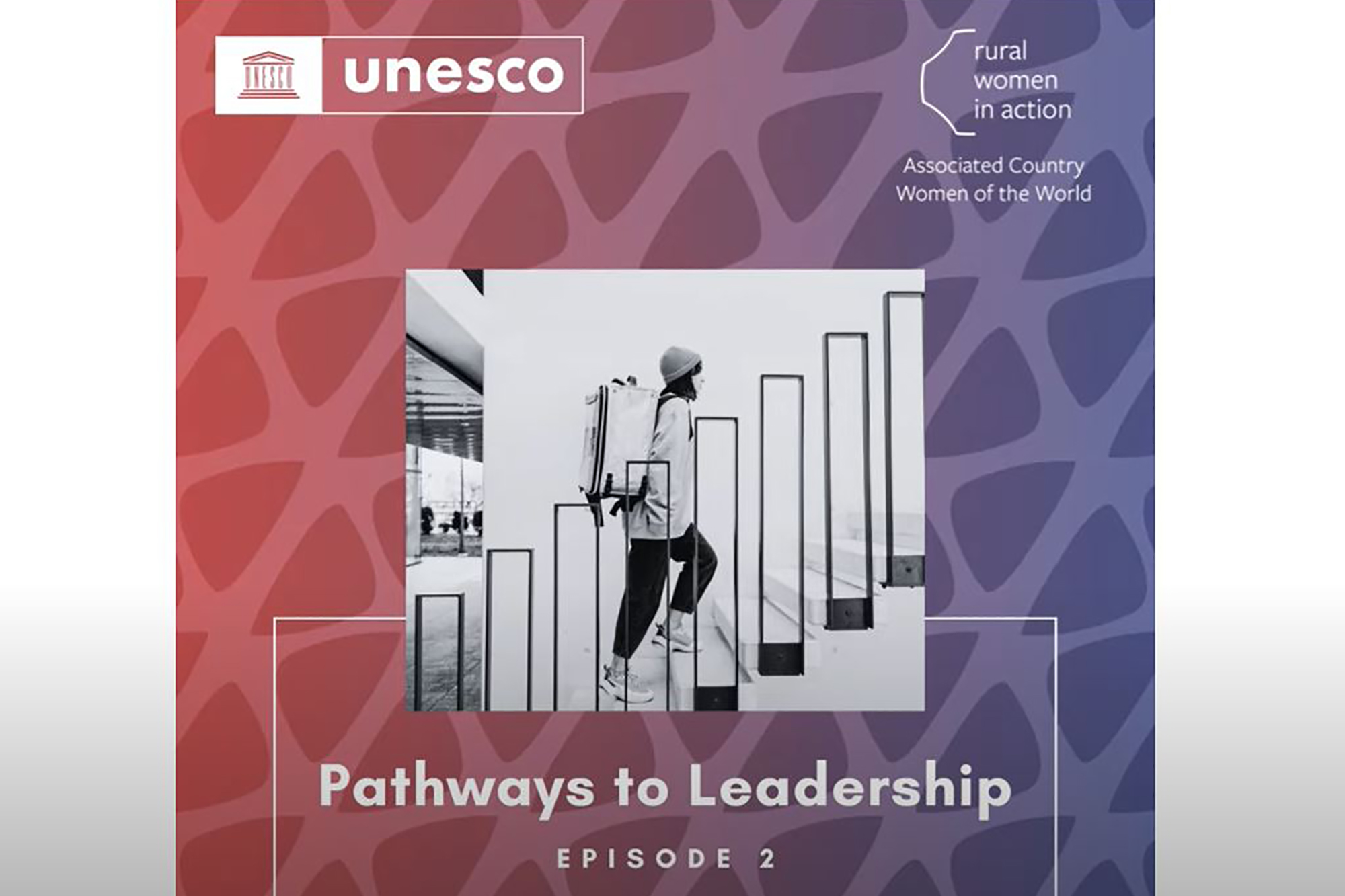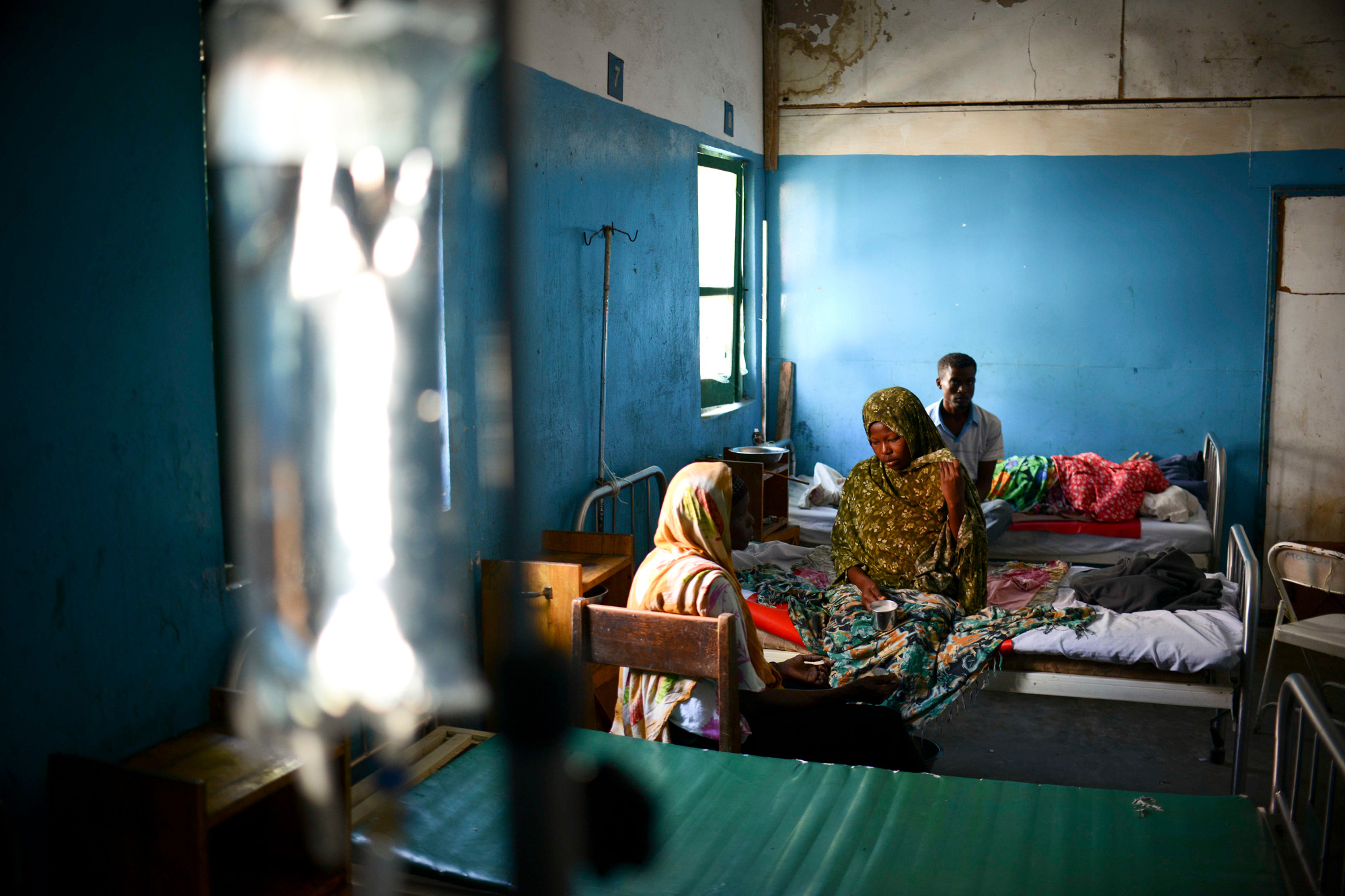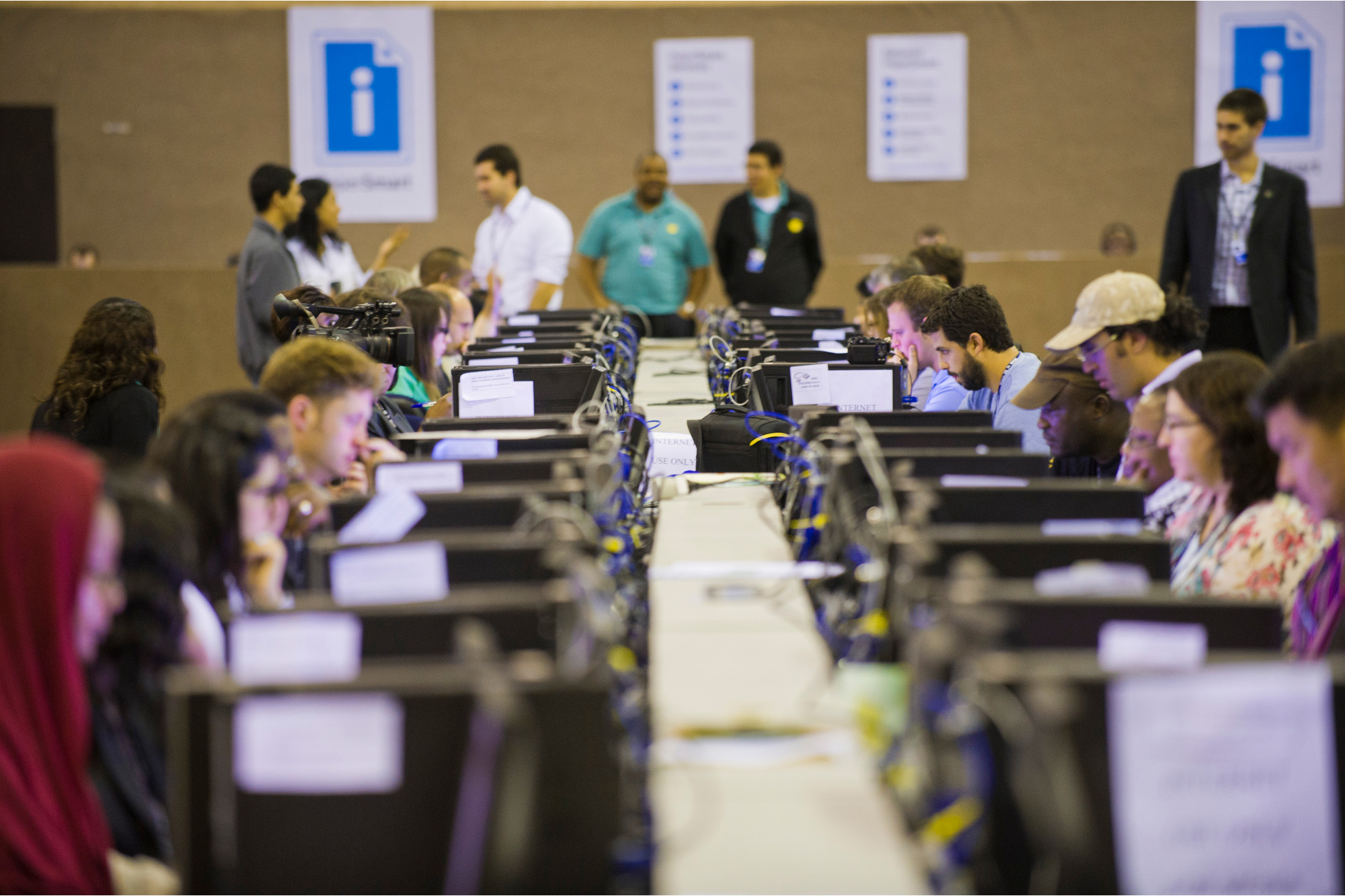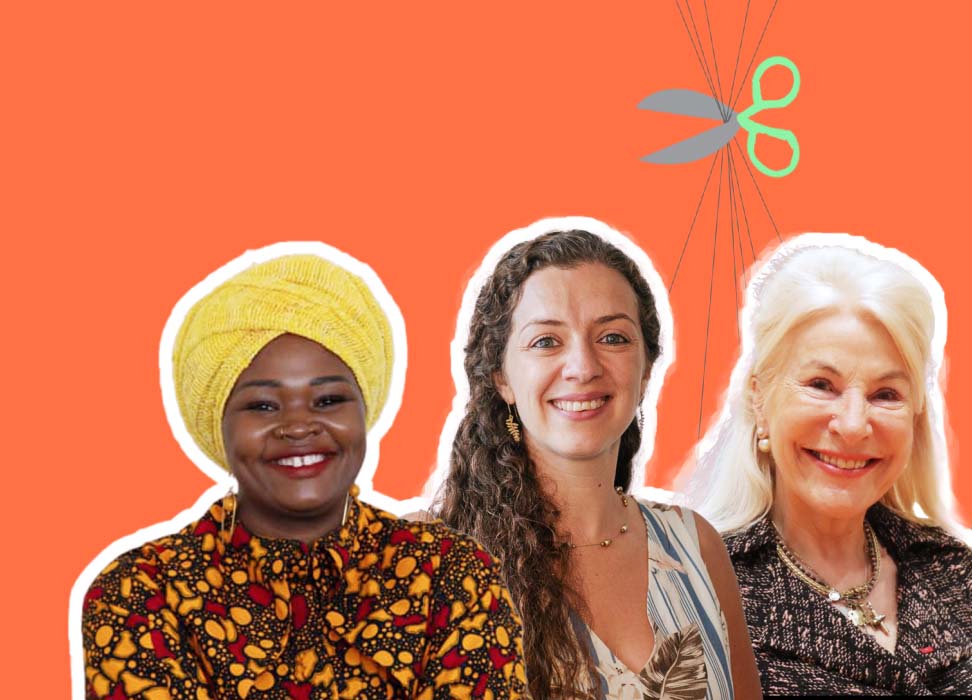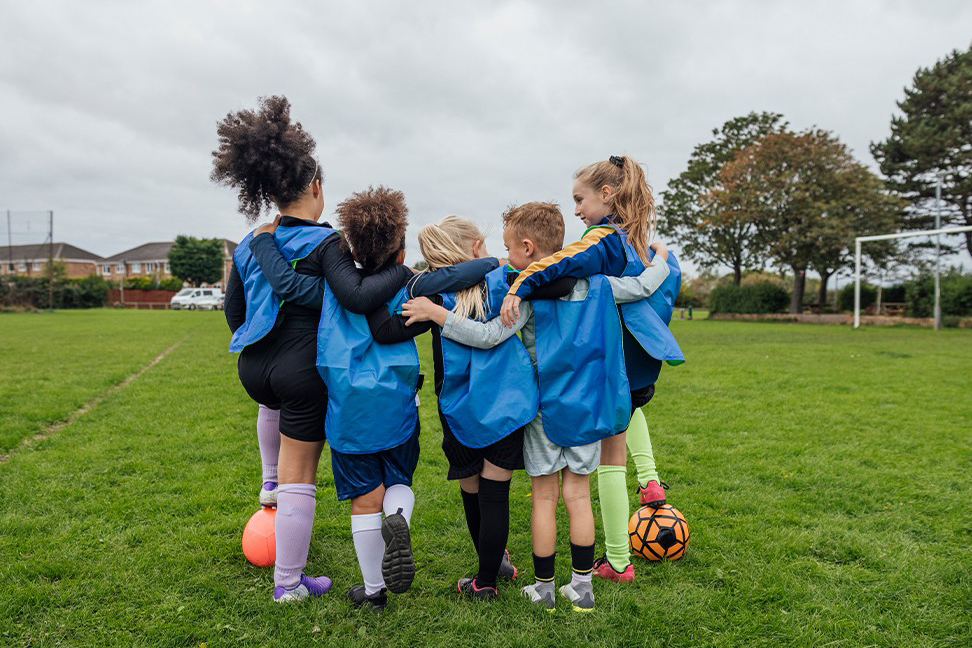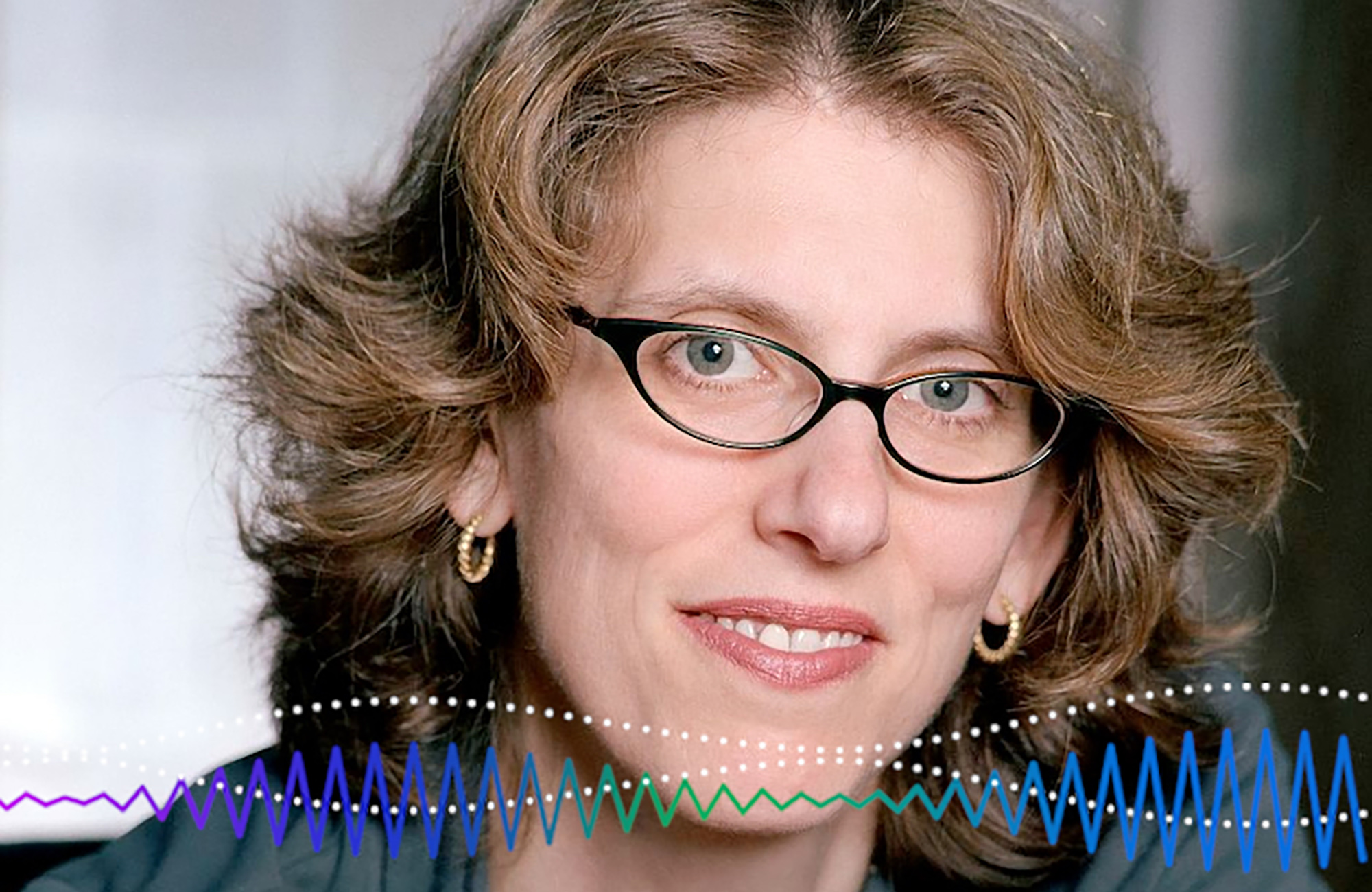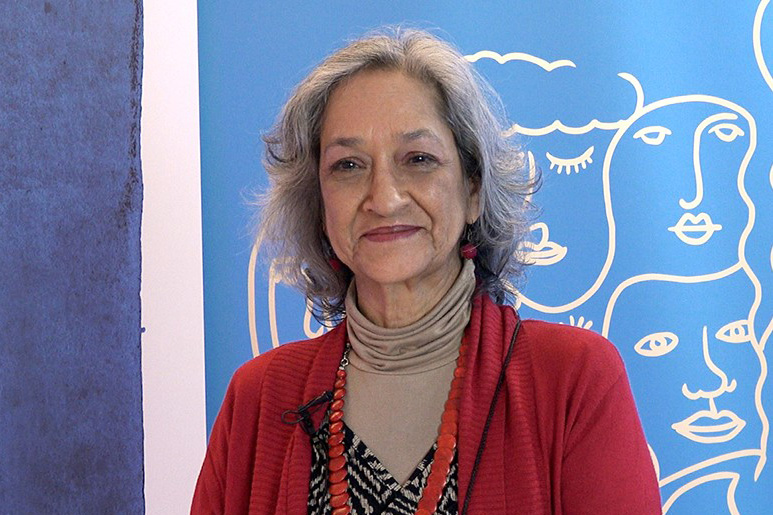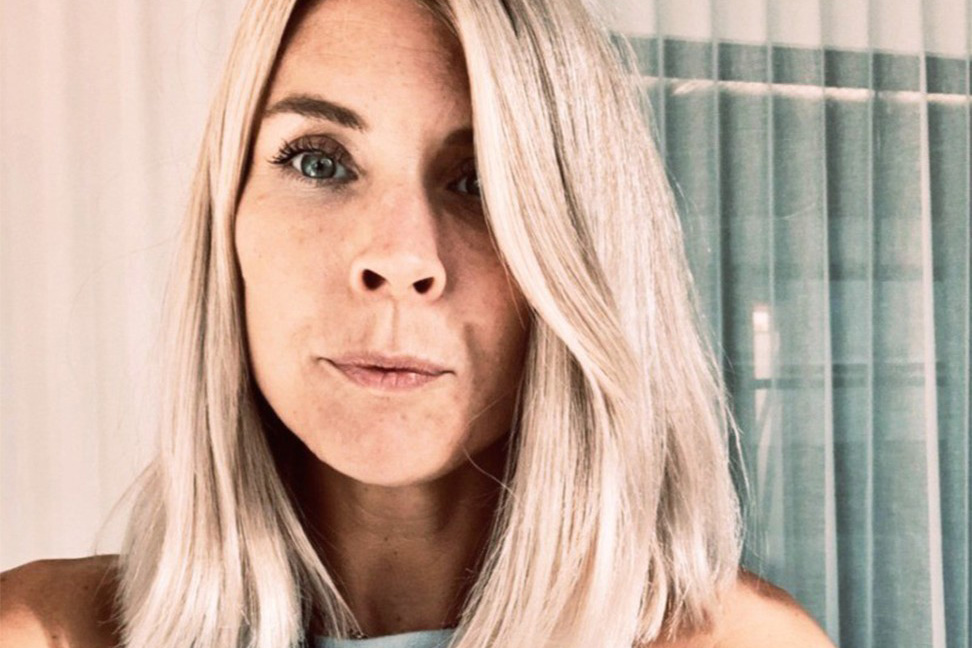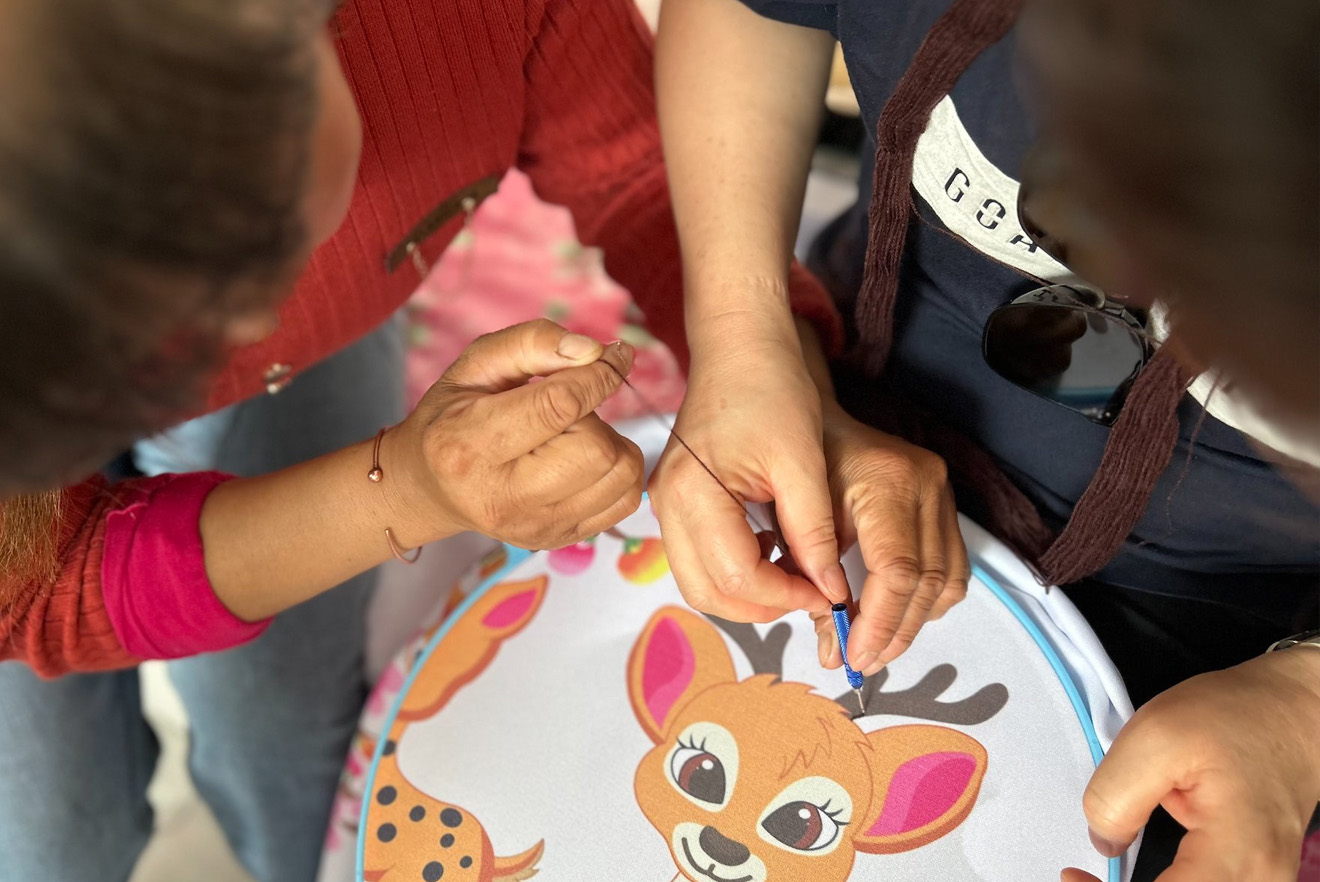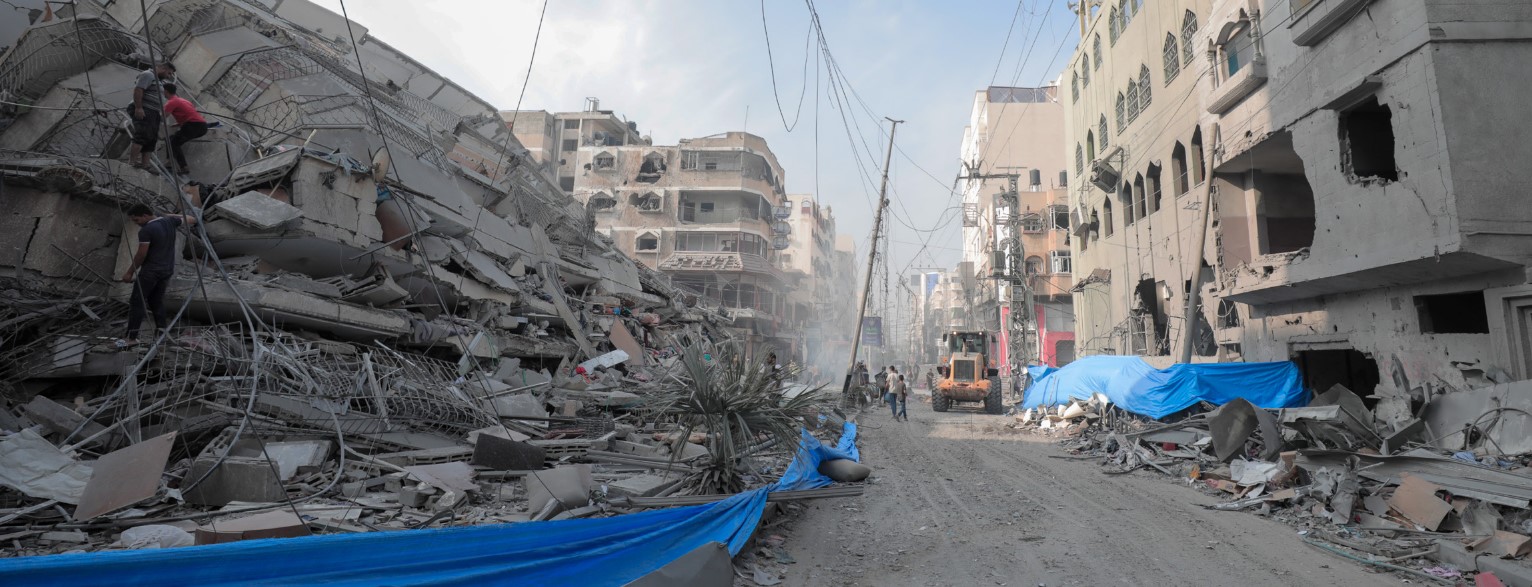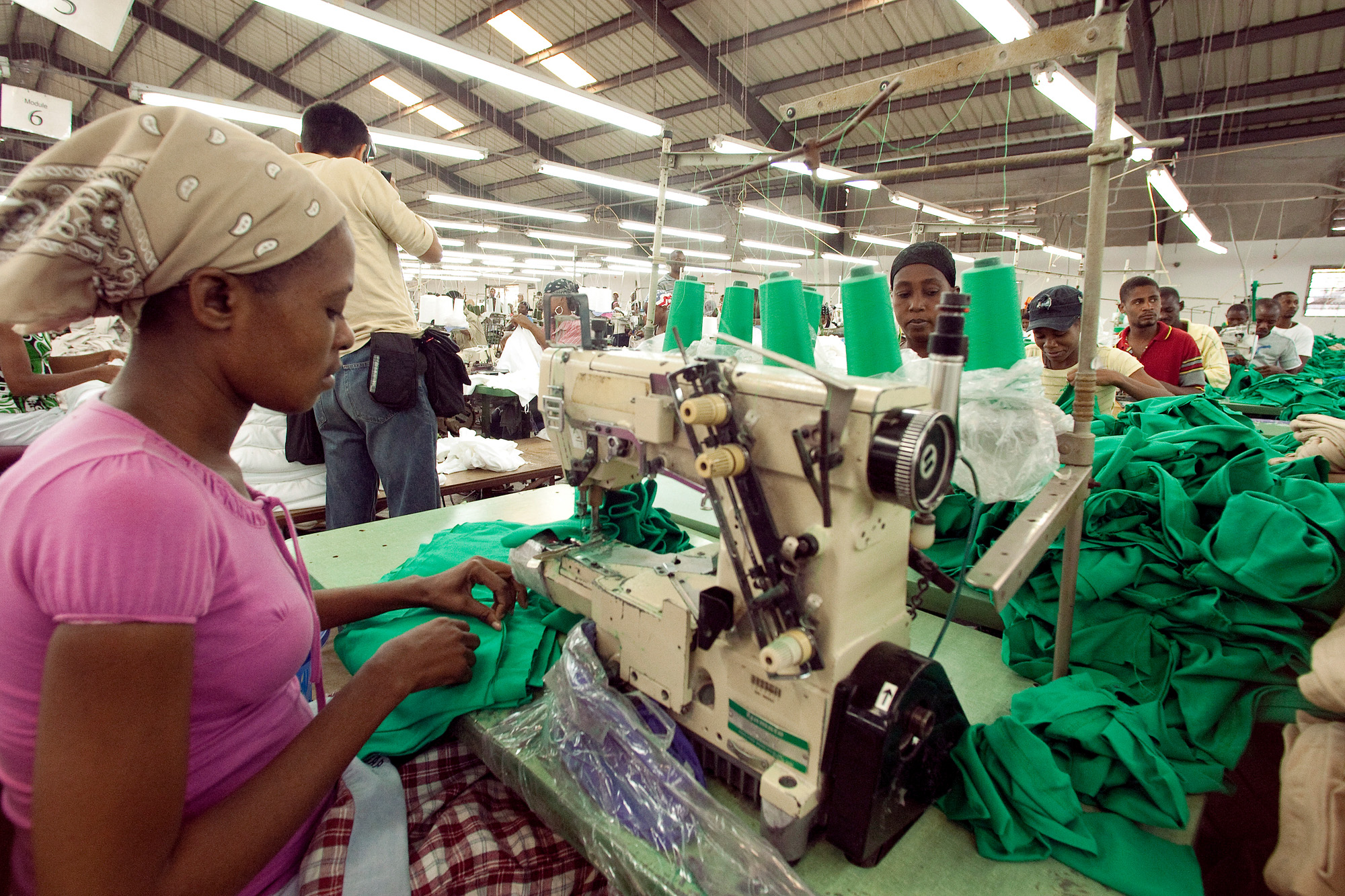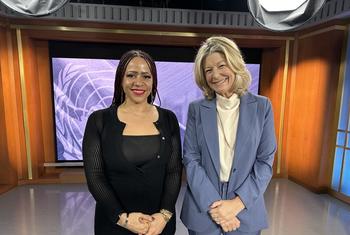In an episode of The UN Forest Podcast, host Samata Pattinson engages with Åsa Degerman, Ben Selby, and Carlo Covini to delve into the urgent need for sustainability within the fashion and textile industry. The discussion centers on the pivotal role of forests and innovative technologies in fostering a more sustainable and circular fashion ecosystem.
With a focus on transformative practices, the conversation highlights how integrating forest-based materials and cutting-edge technologies can revolutionize the industry, promoting environmental conservation and reducing waste. The podcast aims to inspire industry stakeholders and consumers alike to embrace sustainable fashion practices for a greener future.
Photo: UNECE



